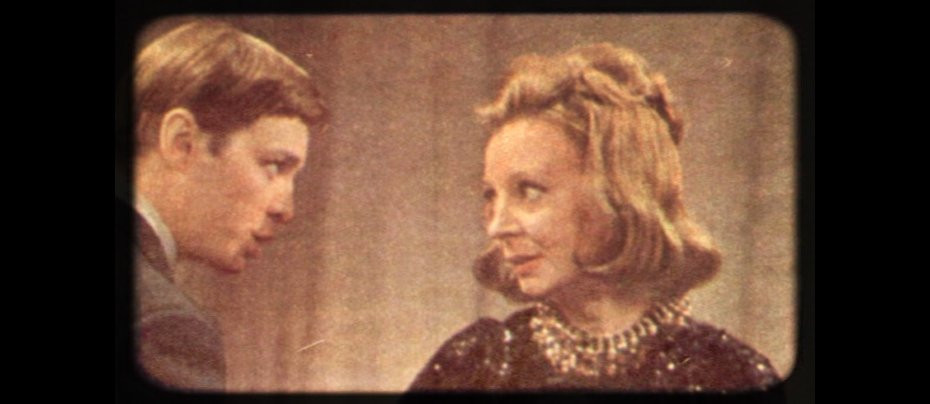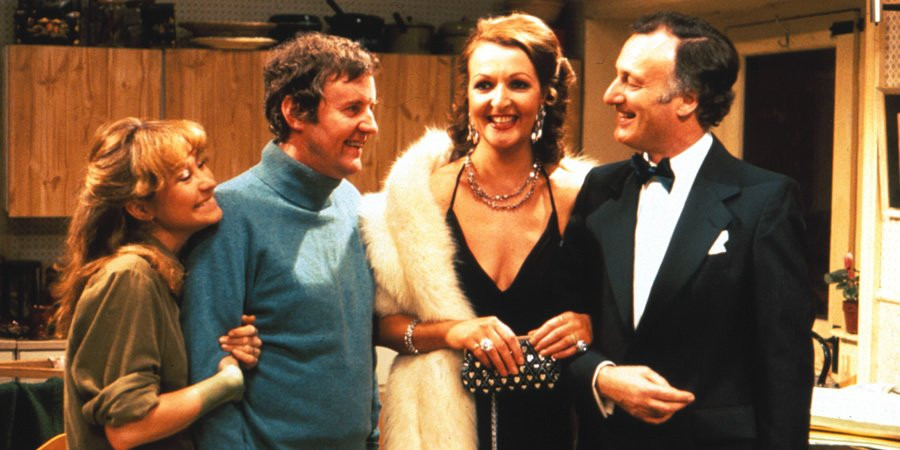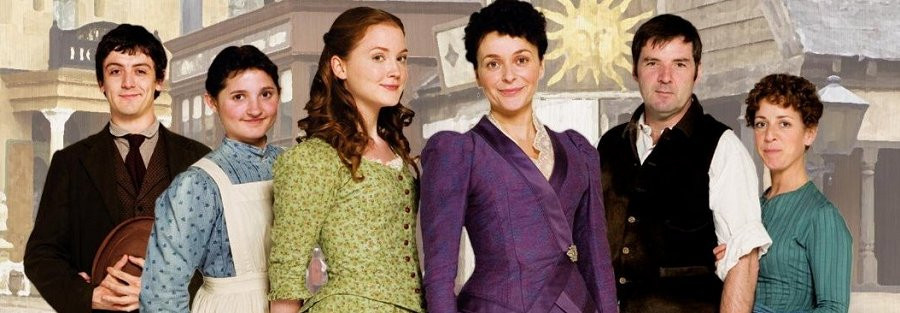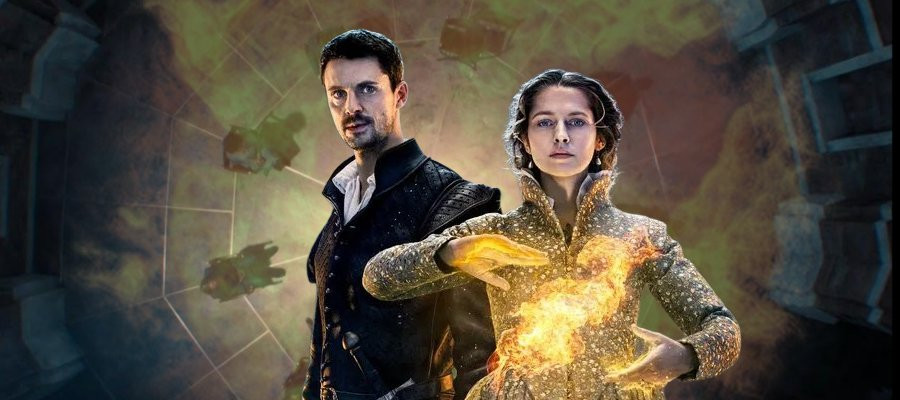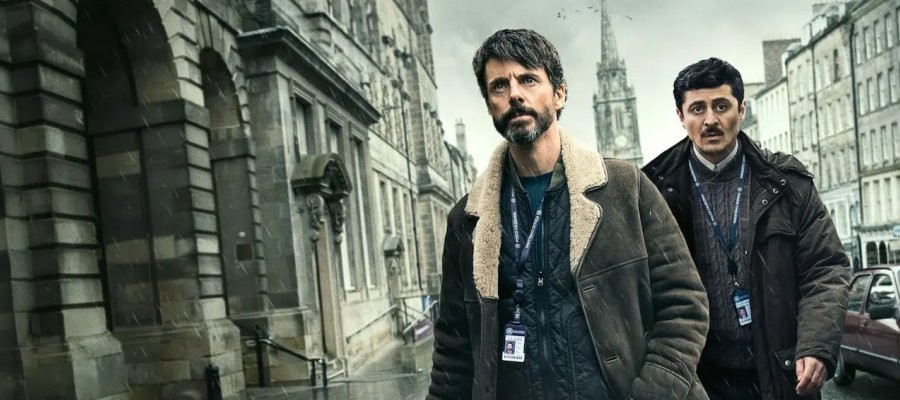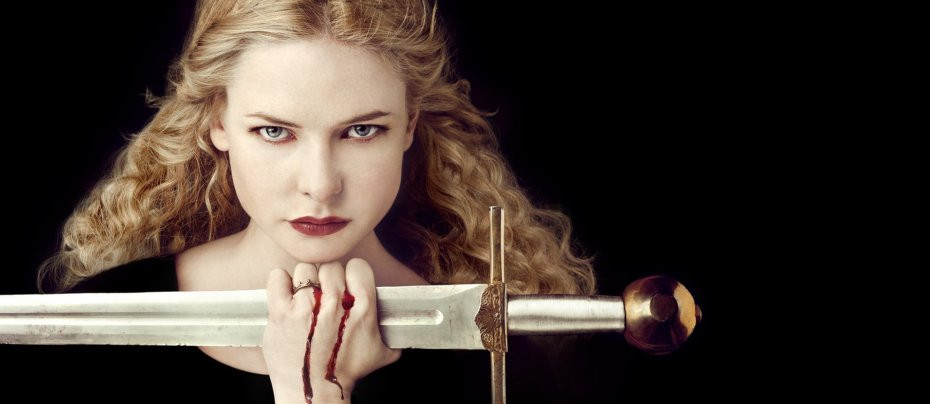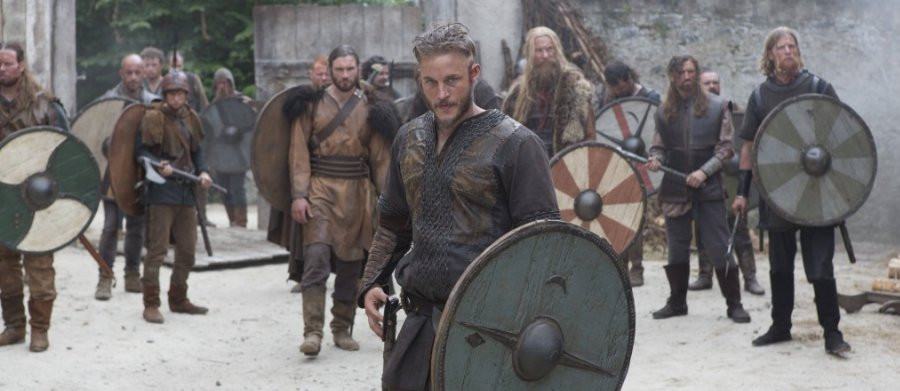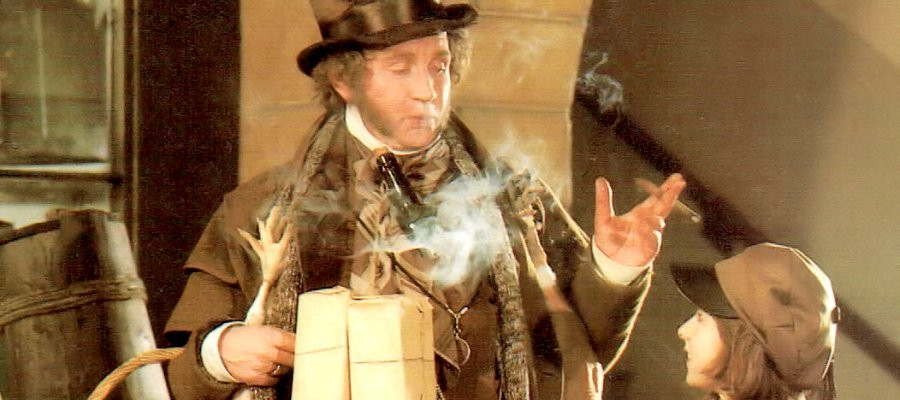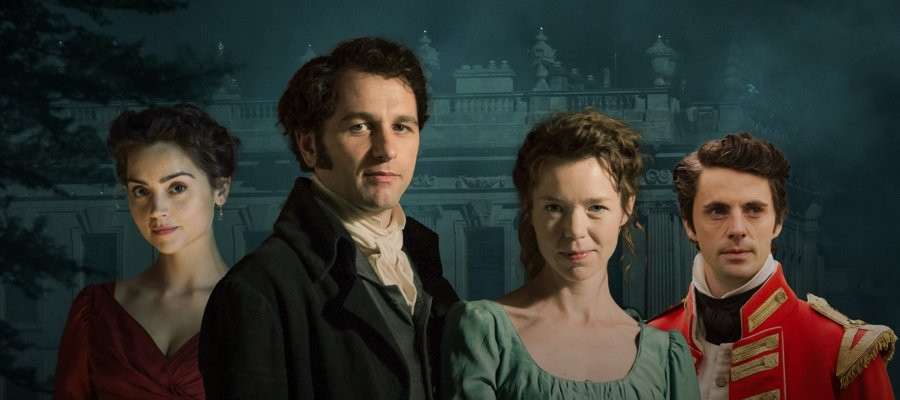
Death Comes to Pemberley
2013 - United Kingdom"It is a truth universally acknowledged that a single intellectual property that has made a fortune must be in want of further exploitation."
The premise sounded ghastly: an unofficial sequel to Jane Austen's Pride and Prejudice, inevitably from a lesser hand, with some of the characters from the novel involved in a traditional country house murder mystery.
As a concept, it sums up everything wrong with 21st Century culture, facile, formulaic, blatantly commercial, derivative, and relying on familiarity rather than originality. Truly we are fleas on the shoulders of giants.
Yet Death Comes to Pemberley, a three part miniseries from the BBC, also sums up what the 21st Century does well, at least when it makes the effort. It is a clever production that exhibits professionalism in every department and proves surprisingly watchable, or at least something of a guilty pleasure. One still feels that Miss Austen would disapprove, and that one should share her disapproval, but one cannot deny that it becomes quite compelling, even enjoyable.
The professionalism is most obvious in the plotting, which is not surprising given that it was a swift adaptation of PD James' last published novel. Although the setting was perhaps a strange deviation from her usual formula, few can equal Baroness James in her mastery of the construction of a murder mystery, even if there are few surprises in the way this one develops.
The style and tone of the piece were obviously intended to reference the BBC's 1995 adaptation of Austen's original novel - "the one with Colin Firth in a wet shirt" - which had been a huge global success on every level. Although the cast and the locations differ (apart from Tom Ward, who plays Colonel Fitzwilliam, having played a more obscure supporting character in 1995), the Corporation was to a great extent selling the project on the basis of that success and wanted the audience to keep it in mind throughout. Fair enough. You do not hear anyone complaining.
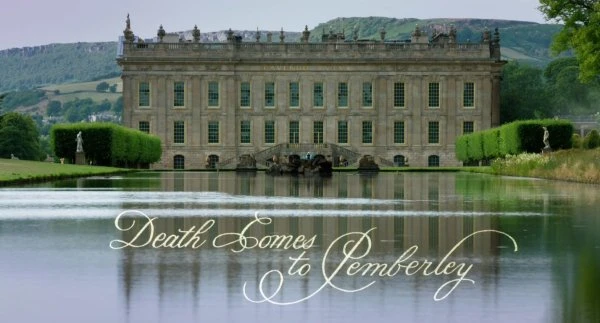
The photography is outstanding, both in the carefully researched interiors and the idyllic exteriors. If it paints a rather romanticised picture of rural life in Georgian England, so did Austen. Her readers were well aware of the reality and did not want it intruding on their leisure.
The well chosen locations are especially photogenic, even if Chatsworth is perhaps a little too grand for Pemberley as described in the novel. Darcy was a wealthy man but not a Duke, and his was a family home, even if a very substantial one, rather than the social seat of its County.
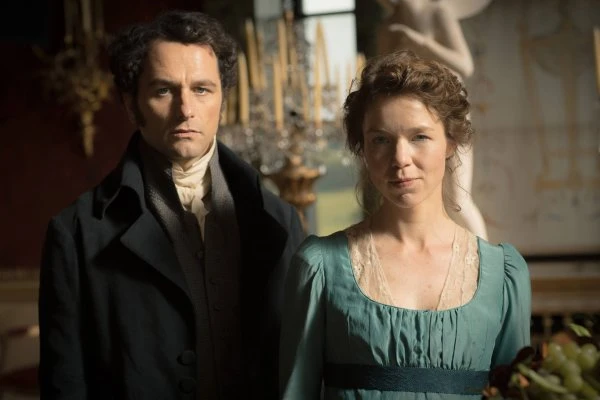
It is easy to imagine the Darcy and Elizabeth played by Firth and Jennifer Ehle in 1995 maturing a little into the versions played here by Matthew Rhys and Anna Maxwell Martin. Marriage seems to have smoothed some of the edges off Darcy while Elizabeth's practicality now has a definite maternal quality to it. This is a credible portrait of a happy marriage, and it is a pity that the low level conflict introduced by the events in the story seems somewhat contrived.
James Fleet is the Mr Bennet of the original novel, a socially withdrawn gentleman more interested in books than in the human drama going on around him. Rebecca Front provides great comic relief, going large, as the part demands, as the socially ambitious but even more socially inept Mrs Bennett. Front's former colleague, or rather subordinate, in The Thick of It, Joanna Scanlon, looks the part of the Housekeeper, Mrs Reynolds. Dame Penelope Keith herself has the stately presence to convince as Lady Catherine de Bourgh, but her cameo seems if anything a bit out of place, as do some others, just name checking characters from the novel.
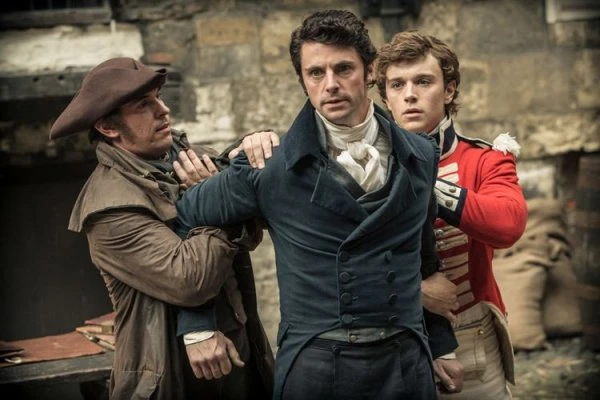
The younger cast is replete with rising stars of the time who were destined to go on to other successful projects soon after. Matthew Goode is an obviously villainous but dignified Wickham, Jenna Coleman is his wilfully loveblind wife Lydia (Elizabeth's sister), Eleanor Tomlinson gives much needed agency to the part of Darcy's sister Georgiana, and James Norton is the barrister who inserts himself into a very awkward case.
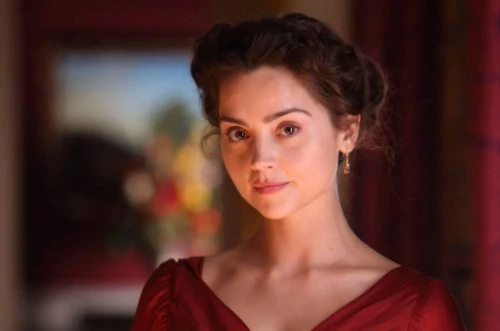
Yet the most memorable performance comes from Trevor Eve as Darcy's neighbour who investigates the case in his capacity of Justice of the Peace. He is the closest thing to a detective in the mystery plot, especially since he carries out his duties thoroughly and with apparent fairness. Nevertheless, there are hints of long running antagonism between him and Darcy, and Eve succeeds in maintaining an interesting ambiguity about his character to the end.
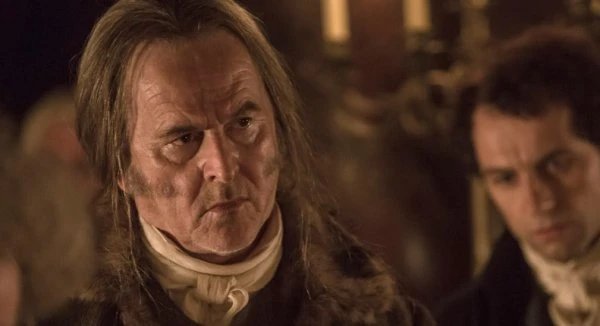
The mystery plot itself, involving the killing of a minor character in the novels of which a more significant character is suspected, is actually less interesting than the social interactions, just as the social interactions rather than the actual love stories are the most interesting aspects of Jane Austen's novels, at least to the majority of modern readers if not necessarily her contemporaries.
There are, however, a number of errors in this respect. There are attitudes on display that are more reflective of 21st Century fashion than the norms of Austen's day. While illegitimacy and infidelity abounded in those days, they were not taken so lightly as they are here in the refined social circles in which Jane lived and about which she wrote.
Above all, the script underestimates the pervasiveness of the class system. Elizabeth is shown as being relatively "democratic" in her dealings with subordinates. This is not how she was written in Austen's original novel. The fact that she came from a less wealthy background than her husband would probably have made her more rather than less cautious about projecting the image expected of the wife of the master of a large estate. While to be kind, generous, and charitable to "the less fortunate," as she is, would be considered as commendable noblesse oblige she would at the same time have been on guard against overfamiliarity. In much the same way, there is nothing wrong in portraying Darcy himself as a benevolent master, which is consistent with what is said about him in Austen, but he and his servants would never have forgotten he was still the master, so they would all have been more careful to maintain a mutually respectful emotional distance.
These are not trivial points but rather go to the root of who these characters are and why Jane Austen was writing about them in the first place. It is also safe to assume she would not have been pleased by some graphic scenes, including a multiple execution and a wholly unnecessary sex scene that is actually quite cringeworthy in this context. Of course, Jane is no longer here to complain, and today's producers and writers delight in updating the classics to suit current fashions, but perhaps they should ask themselves for whom they are writing. The sort of people likely to watch projects associated with Jane Austen's name are the sort of people who like Jane Austen and her world. When Death Comes to Pemberley remembers that, it works well as an Austen pastiche, but when it forgets, and seeks to broaden its appeal to a "modern audience" that does not really exist for it, then it loses its way.
Seen this show? How do you rate it?
Seen this show? How do you rate it?
Published on October 29th, 2025. Written by John Winterson Richards for Television Heaven.


